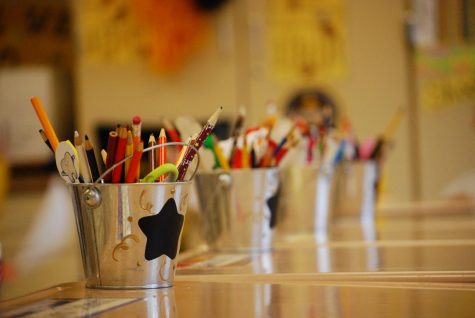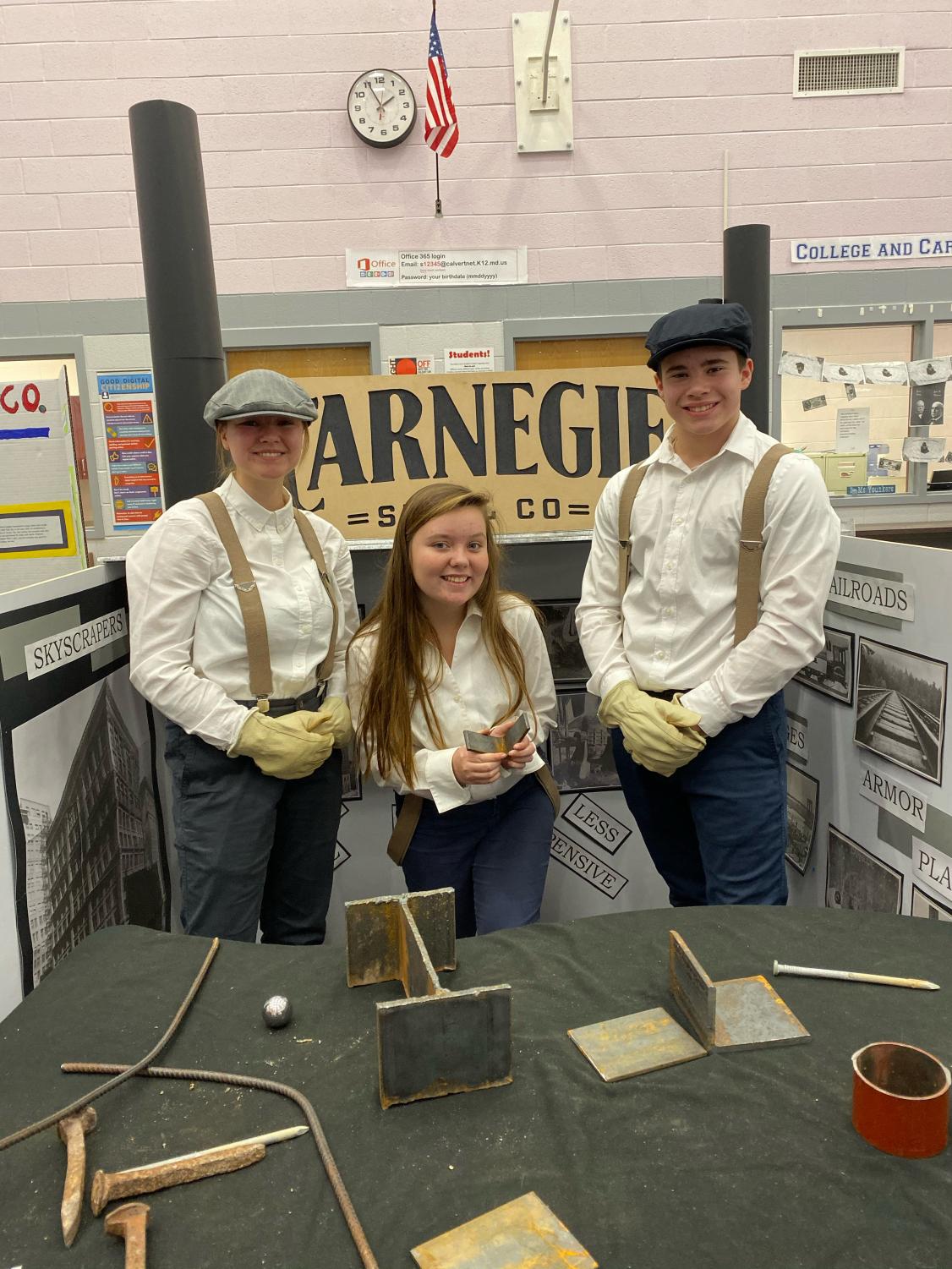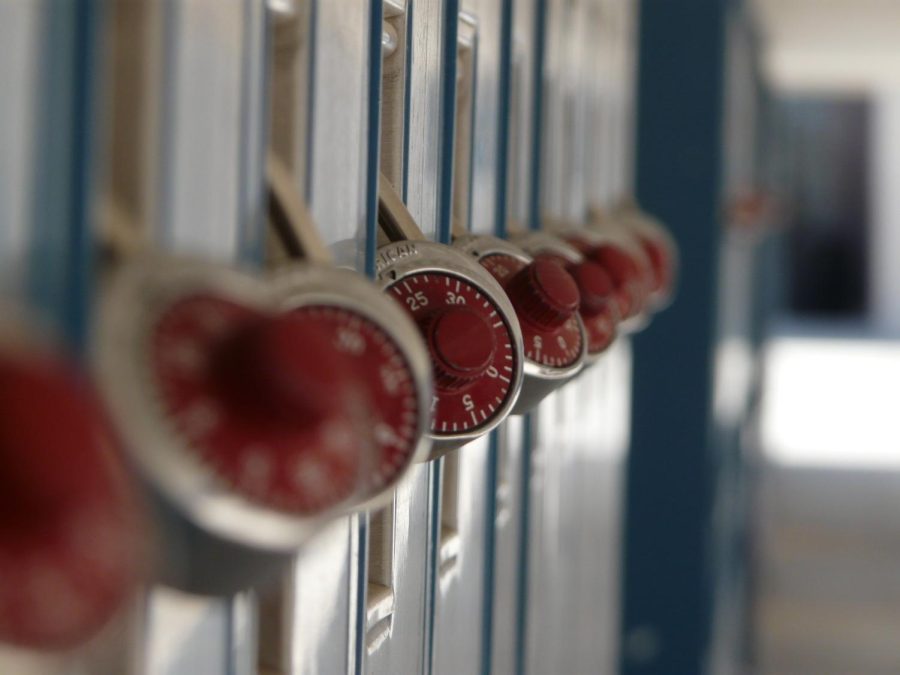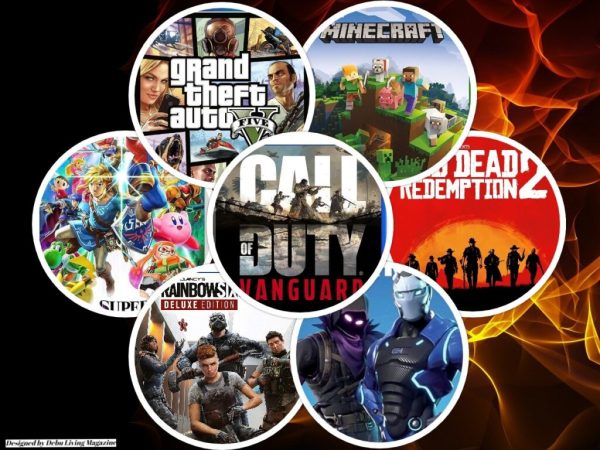An Opinion Debate – Are We Learning Anything in School? Opinion 2 – “YES!”
Take a moment to think about what a normal day looks like for you in school. Many students could and probably will answer their classes and time change. In fact, the most common answer will consist of the student mentioning the mandatory math and English classes. However, the life of an average student is often overlooked and underappreciated. Think about your answer. Did your answer involve spending time with your friends? Did it involve building a professional and useful relationship with your teacher? Did it involve activities such as the various clubs offered at Huntingtown High School? It’s possible, but not likely. School does not only teach meaningful content and school-related skills—it also teaches social skills.
Students can learn to be anything at Huntingtown High School. There’s a decent to impressive catalog of classes offered to students in the form of pathways or extra classes based on the four main subjects: mathematics, language, social studies, and science. Every day, we all learn something new in each class, or at least refine our skills in that subject. Student satisfaction may be another matter entirely, and it’s not invalid to believe the education that you are retaining is not valuable to your future line of work. However, when we weigh the ratio of required classes to electives or pathway classes, a majority of a student’s credits follow what they want. Some people find the required classes useless, but it’s important to take in a diverse education at a young age especially when the schedules are flexible. But that’s the brilliance of school. Nothing about a student’s schedule is uniform, and each schedule is unique to suit the interests or needs of an individual. It’s not open season and I still have to go through a math class, but that is to be expected so students do not abuse the privilege of making their own schedule. Hypothetically, a student could make their schedule entirely useless or useful according to whatever they pick. That’s in regards for the value of the education we receive. That fact aside, we are quite literally learning information from school. Without the curriculum and mandatory classes, many people would lack the knowledge of basic grammar. It’s irritating to read something that cannot use the proper “your or you’re” and the way to actually hammer it into our heads is English class. English class repetitively. Algebra is very easy to “unlearn” if not practiced, and the only way to soak in information long-term is maintenance
way to actually hammer it into our heads is English class. English class repetitively. Algebra is very easy to “unlearn” if not practiced, and the only way to soak in information long-term is maintenance
The society that schools have jumpstarted is interesting as there’s nothing like it, but at the same time, it helps build the concept of society in the minds of the young. Communication sounds innate, but it’s one of the most learned behaviors for a person. School is the perfect setting for children and adolescents to adopt the schema of socialization because students are shrouded with other students who are in their age group. The setting of school teaches us communication because it forces us to talk to each other and allows us to build friendships. The best way to assess how well school teaches us to socialize is to be a person who lacked that school setting. I can testify for that myself, as I did homeschool in fifth and seventh grade. My mom was my teacher, and I had no friends. Frankly, I had devolved in that skill. When I was dropped back into school, I had developed such crippling social anxiety because I did not know how to interact with people outside of my family. It took over a year to get back to my fourth-grade level of socializing. Consider this: without school, many children from rural areas would not have enough contact with other people and may be inadept as adults when they break out of their shells or leave their homes. School subconsciously teaches us how to connect with other people, thus giving another reason why school teaches children and adolescents crucial skills.
At times, it’s understandable why students feel as if their education ranges anywhere from ineffective to even useless. For the most part, the grievances of students are absolutely met with valid reasoning. I for one have no idea when I will ever need to know electron configurations if my higher education pursues social sciences. However, for a handful of grim moments in the classroom, students are supplied with a boatload of benefits from the classes they can take and the skills they learn along the way.






